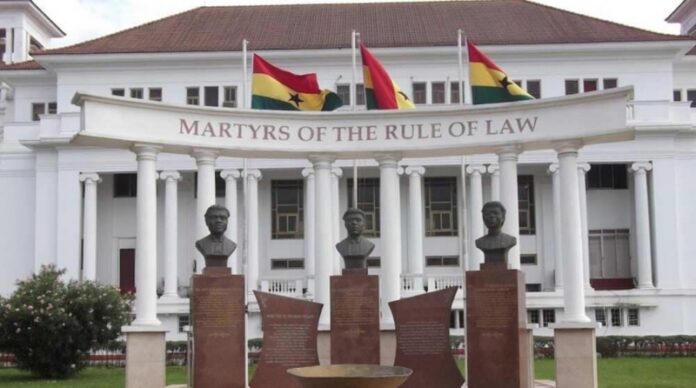The Supreme Court has granted Democracy Hub permission to file a written address as a friend of the court (amicus curiae) in the ongoing case challenging alleged religious discrimination at Wesley Girls’ Senior High School.
In its ruling on Tuesday, the court further directed Wesley Girls SHS, the Ghana Education Service (GES) and the Attorney-General (AG) to file their responses to the plaintiff’s suit.
The case was filed in December 2024 by lawyer Shafic Osman, who is challenging what he describes as policies at Wesley Girls SHS that restrict Muslim students from practising essential aspects of their faith. These include wearing the hijab, fasting during Ramadan and performing other Islamic rites.
Mr Osman argues that these restrictions violate several constitutional freedoms guaranteed under the 1992 Constitution, including freedom of religion, equality before the law and protection against discrimination.
However, the Attorney-General, representing Wesley Girls SHS and the GES, has defended the school’s position, insisting that as an institution founded and run by the Methodist Church, it has the right to maintain its denominational identity. The AG is also seeking leave to amend its original statement of case to more robustly challenge the plaintiff’s arguments.
Legal analysts are closely following the matter, with some arguing that because Wesley Girls is publicly funded, its policies must align with the Constitution rather than strictly denominational traditions.
Others describe the lawsuit as a landmark test of religious accommodation in Ghana’s mission schools, one that could shape future policies across public educational institutions.
By granting Democracy Hub the opportunity to submit written arguments, the Supreme Court has widened space for civil society participation in a case many consider pivotal to Ghana’s approach to religious freedom in public education.
Public interest in the case continues to grow, especially over how the country will balance long-standing denominational school traditions with constitutional protections for students of all faiths.
READ ALSO:



